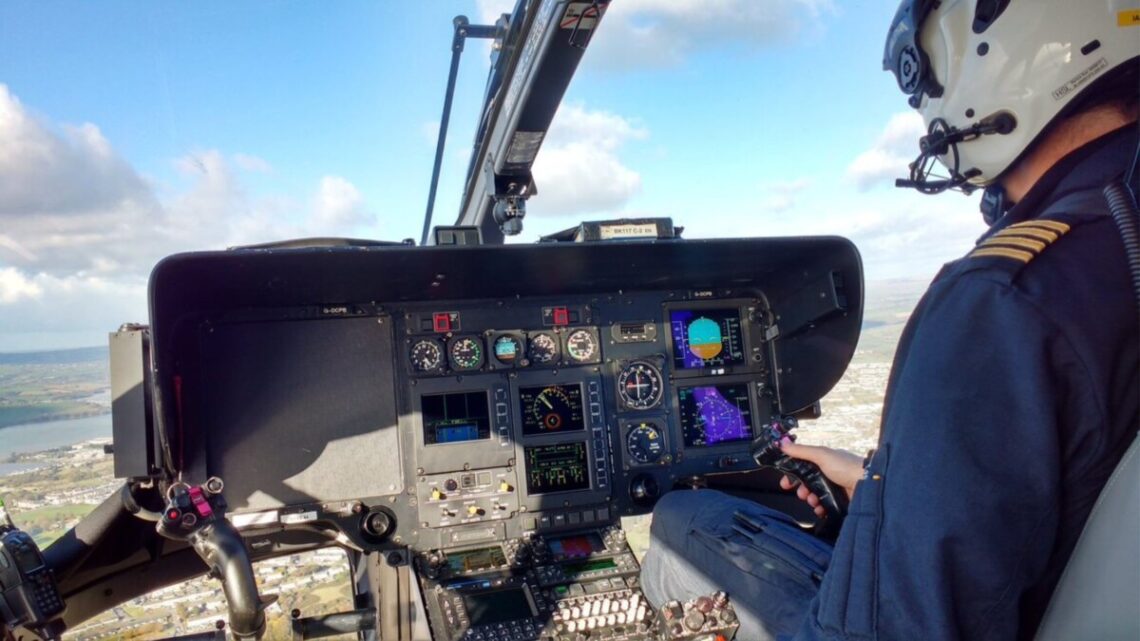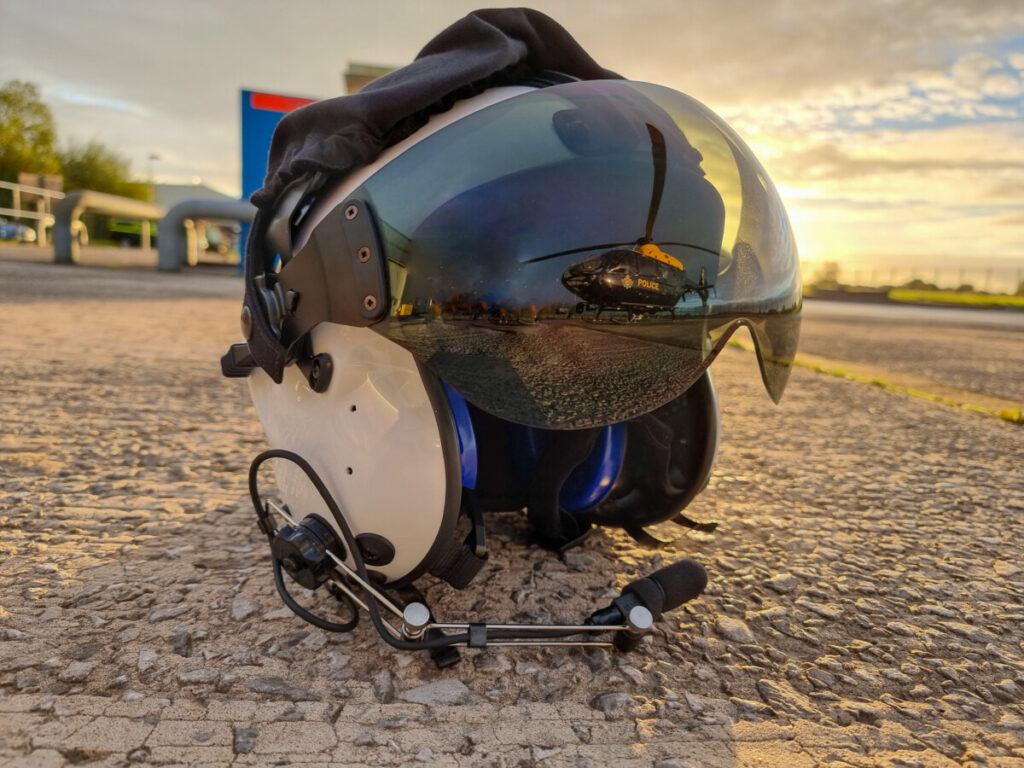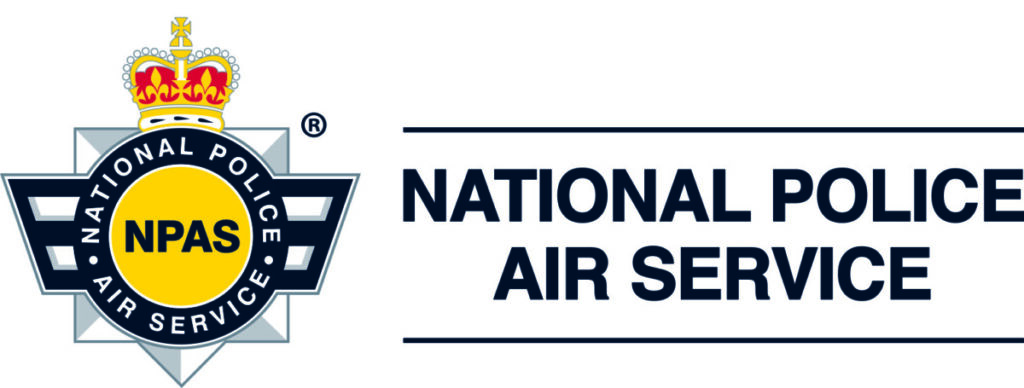
Flying high with the National Police Air Service
Off By Ed HannaIt will come as no surprise to learn that over 75% of the pilots with the National Police Air Service (NPAS) have made the move across from Military flying careers.
Former Military personnel are ideally suited to police aviation as many of their skills are directly transferrable, especially when it comes to maintaining situational awareness while safely operating an aircraft to the limits of its performance.
With a fleet of 15 EC135 and four EC145 rotary aircraft, plus four P68R fixed wing aircraft, NPAS provides 24/7 air support across England and Wales from 15 regional bases. The service is fully embedded into regular policing, bringing vital support to dynamic operations. No other job, outside Military flying, offers similar challenges, or rewards.
Police flying comes with an unpredictability that tests a pilot’s ability to respond to rapidly changing circumstances. Captain Paul Watts made the move into police aviation in 1999 following a 12-year Navy career, eight as a helicopter pilot in the Fleet Air Arm. Paul explains why police flying is an attractive prospect for pilots leaving a Military career: “It’s unique in its variety and dynamic nature. Pilots will often not know where their mission is until they are airborne.” He added: “Tasks can rapidly change. You may launch to search for a missing child and then be diverted to a high-speed pursuit, which could turn into a foot chase, armed incident or even a siege situation. This requires pilots to be highly flexible and make decisions under pressure.
Much of NPAS’s tasking occurs at night, so pilots need to have significant operational night flying experience, including aided and unaided off-airfield landings.”

Flying with NPAS
Every shift begins with a crew briefing, to include weather conditions, aviation notices and aircraft performance. Only then will an aircraft be task-ready. Crews are on standby to be airborne within five minutes of receiving an urgent deployment.
Captain Ayla Holdom flies out of NPAS Bournemouth and has been a line pilot in police air support since 2016, having left the RAF in the same year. She told us: “The direct impact we can have on such a variety of police operations, and the level of autonomous responsibility for pilot and crew, is something you don’t get just anywhere in aviation.
The role lends itself to Military experience, from getting the most from your crew and aircraft in the given airspace and weather conditions, through to the culture across NPAS and the wider police family.
It is so rewarding when a force thanks us as we depart a scene for playing a decisive part in the outcome, in a way only an aircraft can. The job is a privilege.”
Working for NPAS
NPAS is currently recruiting pilots. Applicants require 1,500 hours total helicopter flying time although this is under review for Military pilots and is expected to be reduced to 1,000 hours. An additional £5,000 market factor uplift is also under consideration, taking it from £7,000 to £12,000.

Find out more at: www.npas.police.uk



